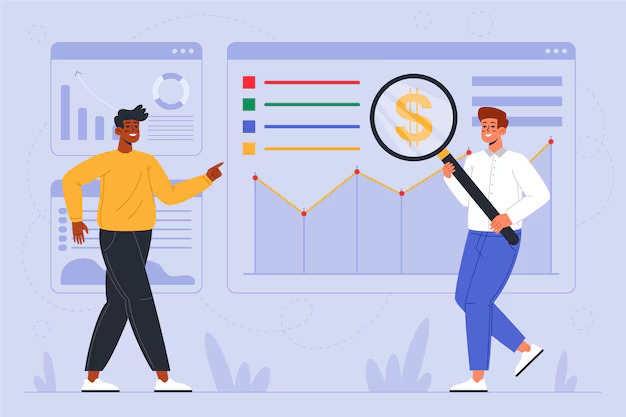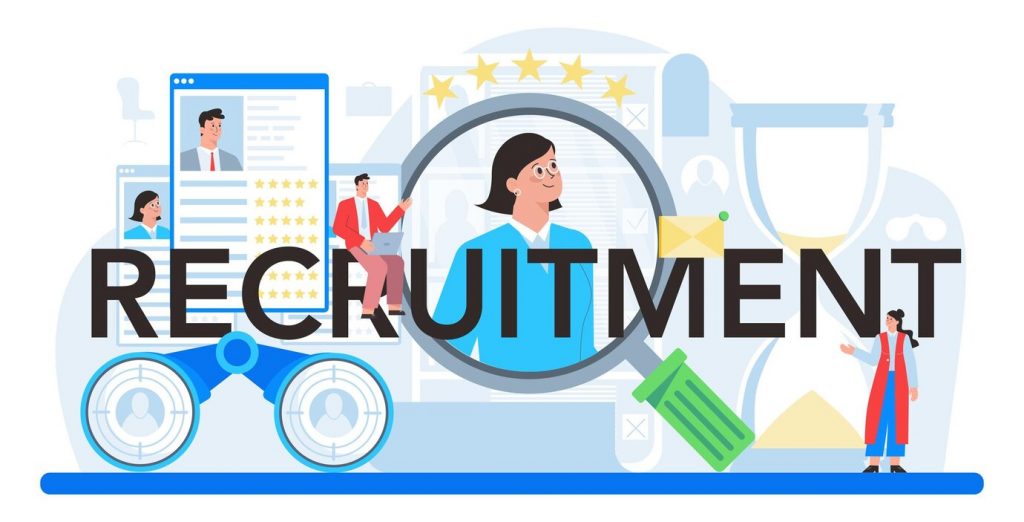Introduction
Recruitment has long been seen as a necessary but expensive function in business. However, in today’s data-driven world, hiring is no longer just an HR responsibility—it’s a business investment that directly impacts company growth and profitability. Interview Intelligence is transforming how organizations measure hiring success, optimize costs, and improve candidate quality, making recruitment a strategic function rather than an operational burden.
Companies that leverage Interview Intelligence ROI gain a competitive edge by reducing hiring inefficiencies, minimizing costs, and making data-driven decisions. A recent study by the Harvard Business Review found that organizations with structured, AI-powered hiring processes see a 20% increase in employee performance and a 25% reduction in turnover rates.
But how do you quantify these benefits? This blog explores the key metrics to measure Interview Intelligence ROI, the business impact of AI in hiring, and real-world case studies that showcase how companies optimize recruitment outcomes.
Understanding Interview Intelligence
Interview Intelligence refers to the use of AI-powered tools to analyze candidate responses, assess behavioral patterns, and provide real-time hiring insights. It moves beyond traditional subjective hiring methods by incorporating data-driven hiring decisions that improve accuracy, reduce bias, and accelerate recruitment.
How Interview Intelligence Enhances Hiring Efficiency
- AI-powered hiring efficiency: Automates interview scheduling, candidate evaluation, and feedback generation.
- Interview analytics impact: Uses sentiment analysis, facial recognition, and voice analysis to assess candidates.
- Scalability: Allows companies to process hundreds of interviews without compromising quality.
According to LinkedIn’s Global Recruiting Trends, companies using AI in hiring efficiency reduce time-to-hire by 40% and save up to 35% on recruitment costs. As businesses move from traditional hiring to data-driven recruitment, Interview Intelligence is becoming a critical differentiator.
Also Read: 5 Steps to a Smarter Hiring Process with AI-Powered Recruiting
Key Metrics to Measure ROI in Interview Intelligence
To determine the ROI of Interview Intelligence, companies must track measurable hiring outcomes. Below are the key performance indicators (KPIs) that directly impact business success:
Time-to-Hire Reduction
Hiring delays cost businesses both financially and operationally. The average time-to-hire for skilled positions is 36 days (SHRM), but AI-powered recruitment analytics can reduce this by 50%, ensuring that roles are filled faster without sacrificing quality.
Cost-per-Hire Optimization
Recruitment costs include sourcing, interviewing, onboarding, and lost productivity. Companies using AI in hiring efficiency report a 30-50% decrease in cost-per-hire by reducing manual processes and improving candidate filtering accuracy.
Quality of Hire
Measuring quality of hire involves tracking employee performance, retention rates, and hiring manager satisfaction. Organizations using data-driven hiring decisions see a 20-25% improvement in quality of hire (Gartner), leading to better long-term workforce planning.
Candidate Experience & Engagement
A poor candidate experience can damage an employer’s brand. AI-powered recruitment ensures:
- Consistent feedback loops for candidates.
- Personalized interview processes that increase engagement.
- Reduced ghosting rates, as candidates appreciate structured hiring experiences.
A Deloitte study found that companies prioritizing candidate engagement experience a 38% increase in offer acceptance rates.
Employee Retention Rates
Turnover is costly—losing an employee costs up to 2x their salary (Gallup). By using AI-powered hiring analytics to match candidates with the right roles, companies can reduce turnover by 25-30%.
Also Read: AI for Diverse Hiring: How AI Enhances Workforce Diversity
Business Benefits of Interview Intelligence
Adopting Interview Intelligence isn’t just about operational efficiency; it translates into tangible business outcomes:
- Faster Hiring Decisions: AI automates manual screening, reducing bottlenecks in the recruitment process.
- Bias-Free Hiring: AI-based assessments eliminate unconscious biases, promoting diversity and inclusion.
- Scalable Growth: Enables companies to conduct thousands of interviews efficiently.
- Stronger Compliance: Ensures adherence to GDPR, EEOC, and other hiring regulations.
For instance, a Fortune 500 company leveraging Interview Intelligence improved its diversity hiring by 32% while reducing hiring costs by $1.2 million annually.
Real-World Examples & Case Studies
Case Study 1: A Tech Startup’s 40% Reduction in Time-to-Hire
A leading tech startup struggling with slow hiring cycles implemented AI-powered recruitment analytics. Within six months:
- Time-to-hire dropped by 40%.
- Offer acceptance rates improved by 30%.
- Interview scheduling automation saved 200+ hours per month.
Case Study 2: Enterprise-Level Cost Savings in Recruitment
A global enterprise deployed Interview Intelligence across multiple departments. Key results:
- $2.5 million saved annually in recruitment costs.
- Bias-free hiring practices led to a 28% increase in diversity hires.
- Hiring manager satisfaction rose by 35%.
These cases demonstrate that cost savings in recruitment and improved decision-making are not hypothetical; they are proven outcomes of data-driven hiring.
Also Read: Top Interview Intelligence Trends to Watch in 2025 | JobTwine
Challenges & How to Overcome Them
Despite its advantages, Interview Intelligence presents challenges that businesses must address:
Common Concerns About AI in Hiring
- AI Bias & Ethical Concerns: AI must be trained on diverse datasets to prevent biased hiring outcomes.
- Candidate Skepticism: Some job seekers worry about AI replacing human judgment. Clear communication and transparency are key.
- Data Security Risks: Employers must ensure strict compliance with AI hiring compliance laws like GDPR and CCPA.
Best Practices for Implementing Interview Intelligence
- Use AI as a Decision Support Tool: AI should complement—not replace—human judgment.
- Train Hiring Managers on AI Tools: Ensure recruiters understand how to interpret AI-generated insights.
- Regularly Audit AI Hiring Algorithms: Continuous evaluation prevents biases and enhances hiring accuracy.
Also Read: Fostering Diversity Through AI-Powered Interview Intelligence
Conclusion & Next Steps
Interview Intelligence ROI is no longer an abstract concept—it’s a measurable, data-backed strategy that drives business success. By leveraging AI-powered hiring efficiency, companies can:
- Reduce hiring costs and time-to-hire.
- Improve quality-of-hire and employee retention.
- Enhance candidate experience while minimizing bias.
Organizations looking to stay ahead must integrate data-driven hiring decisions into their recruitment playbook. JobTwine’s AI-powered Interview Intelligence platform provides end-to-end solutions for businesses aiming to optimize recruitment.
Now is the time to invest in smarter, faster, and more effective hiring.
Frequently Asked Questions
What is Interview Intelligence, and why does it matter?
Interview Intelligence uses AI to analyze candidate responses, behaviors, and hiring trends, improving decision-making and reducing bias in recruitment.
How can companies measure Interview Intelligence ROI?
Key metrics include time-to-hire, cost-per-hire, quality-of-hire, employee retention, and candidate experience. AI-driven hiring significantly improves these KPIs.
Does AI in hiring efficiency eliminate human judgment?
No. AI provides data-driven insights, but final hiring decisions should always involve human oversight to ensure balanced, ethical recruitment.
What are the main cost savings in recruitment using Interview Intelligence?
AI-powered hiring reduces recruitment costs by up to 50% through automated screening, faster decision-making, and reduced turnover rates.
How does JobTwine enhance Interview Intelligence?
JobTwine integrates AI-powered hiring analytics, sentiment analysis, and structured interview intelligence to provide a seamless, bias-free, and efficient recruitment experience.




